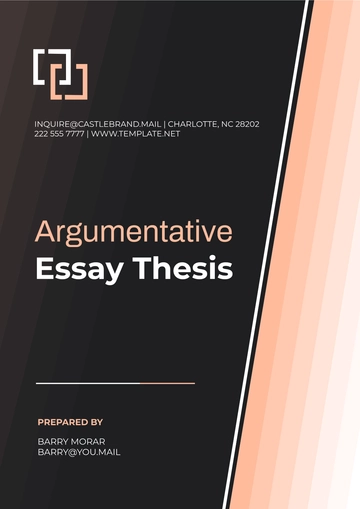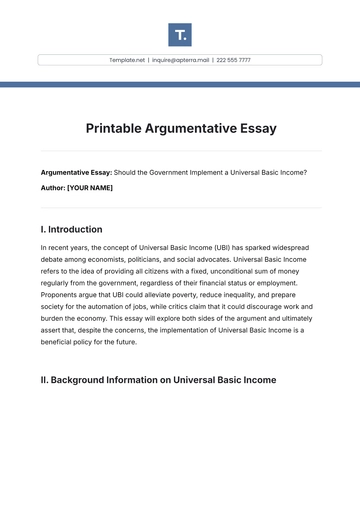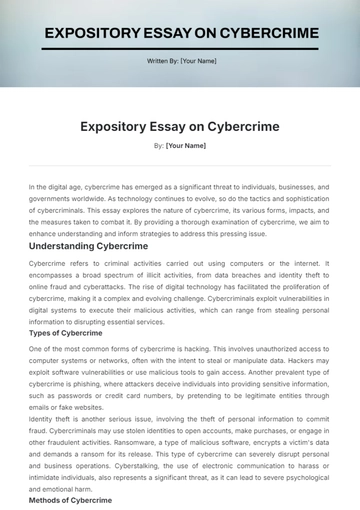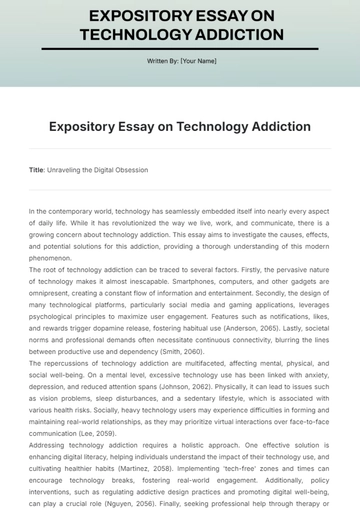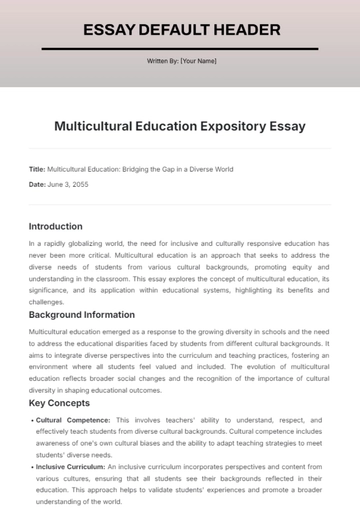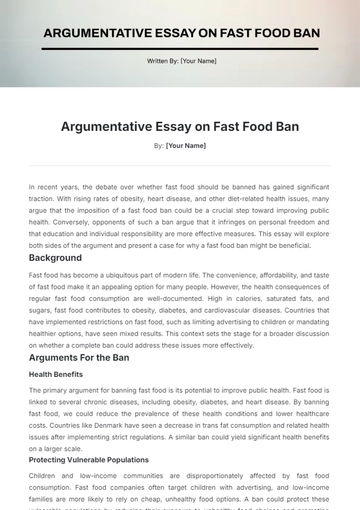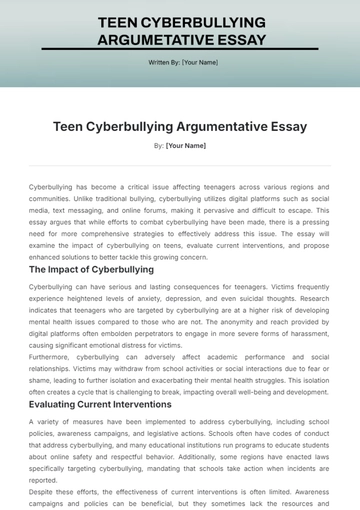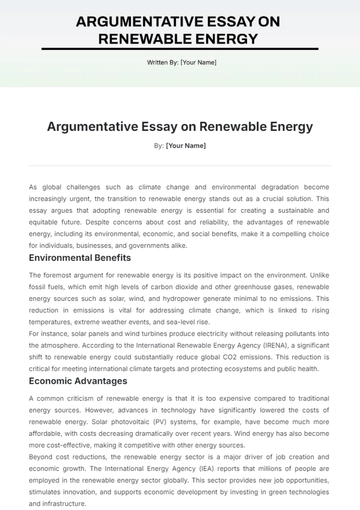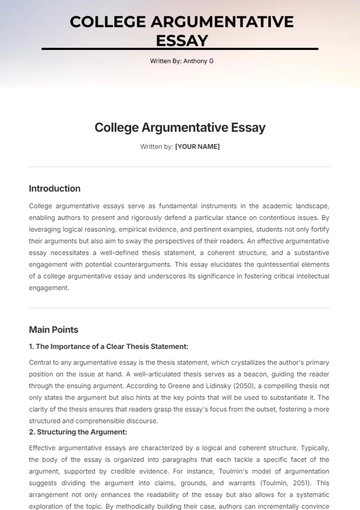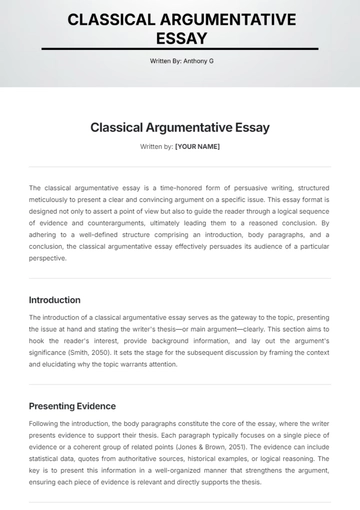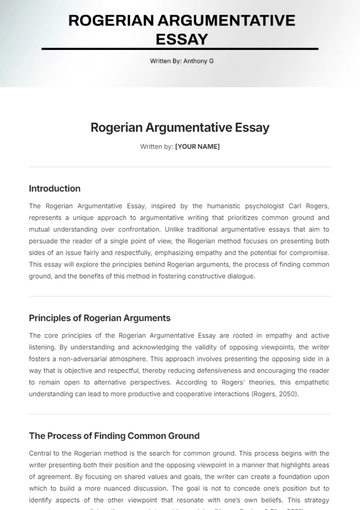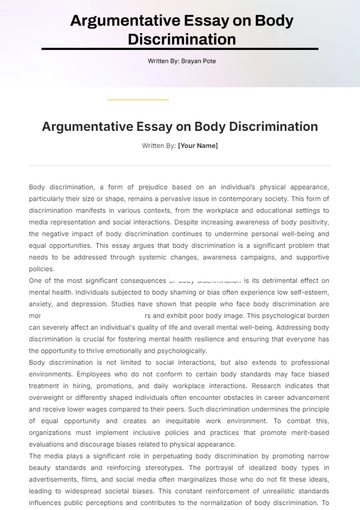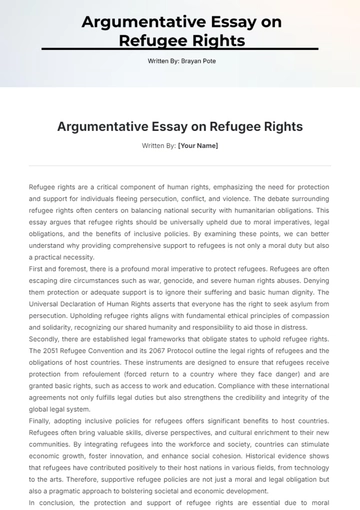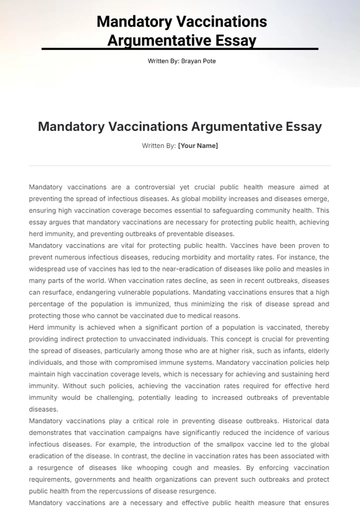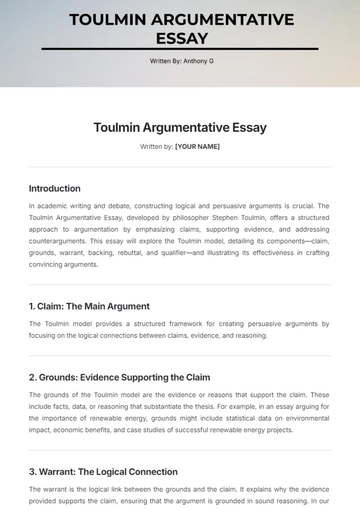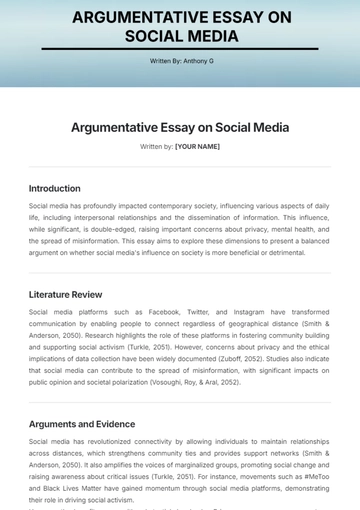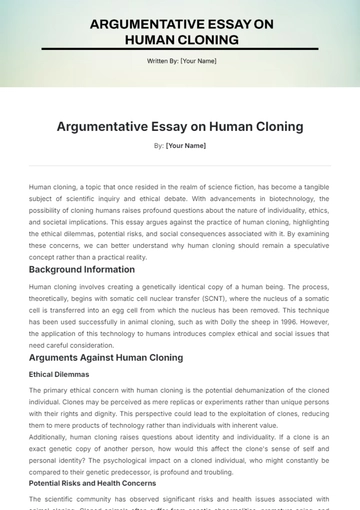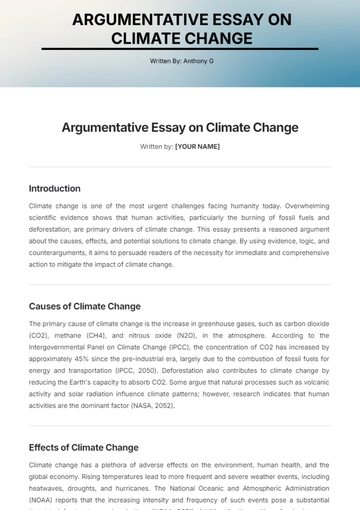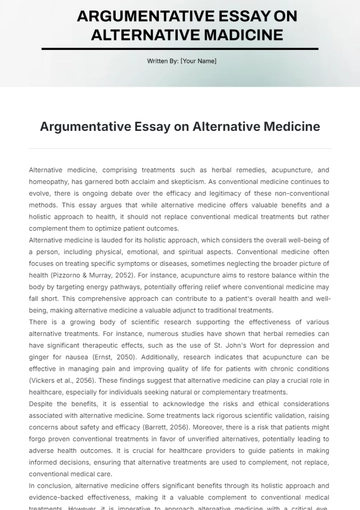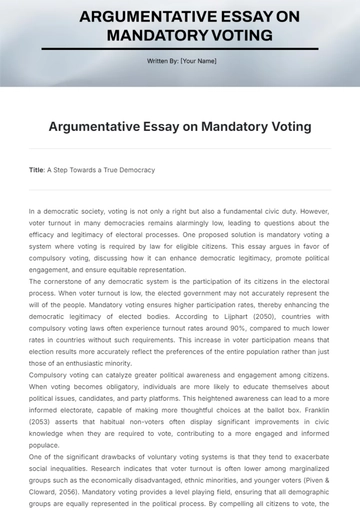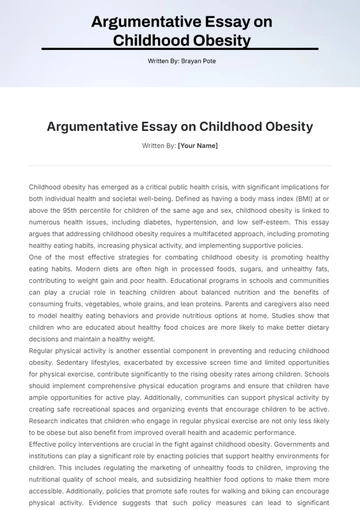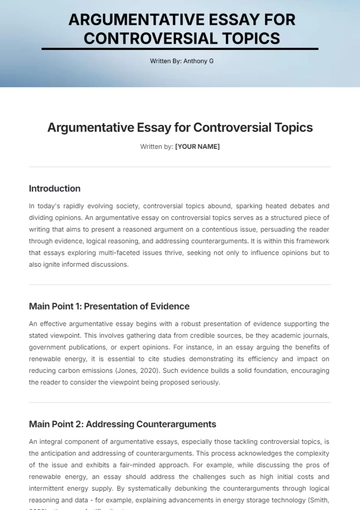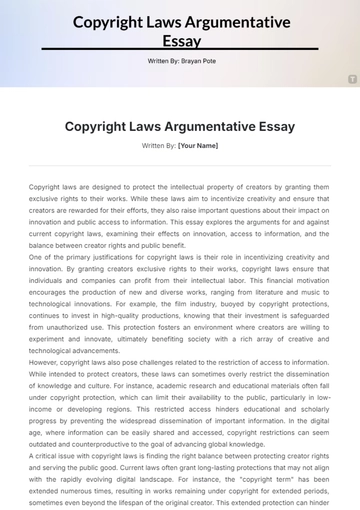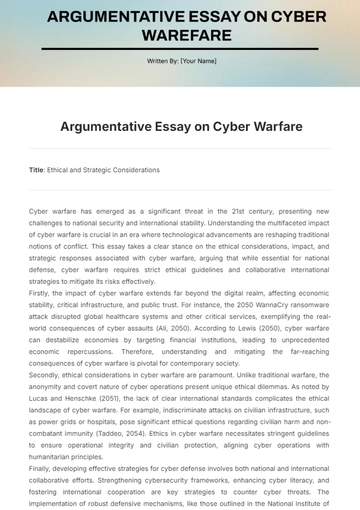Free Global Warming Literature Essay
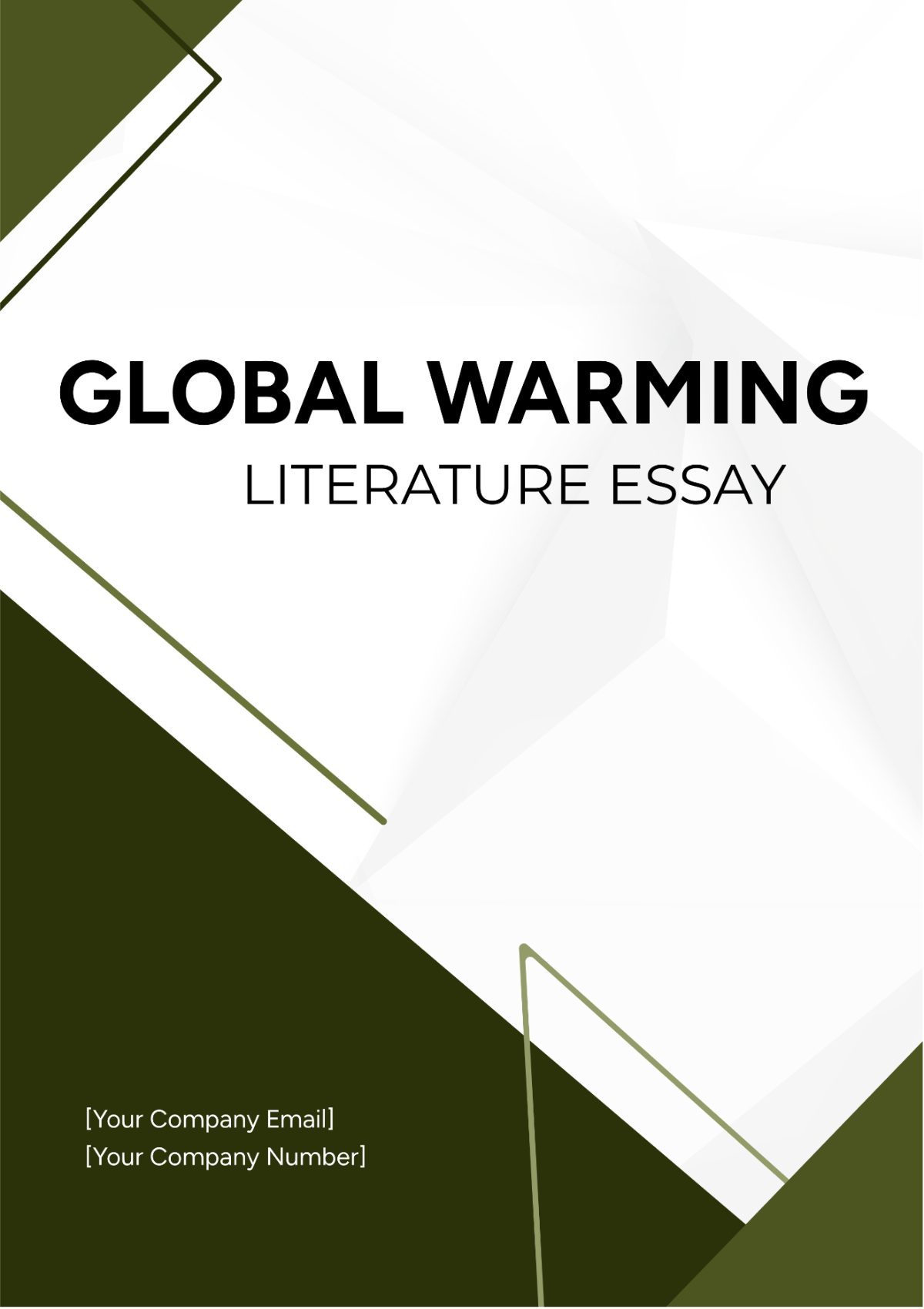
Global warming, a consequence of anthropogenic activities, has emerged as one of the most pressing environmental issues of our time. Its far-reaching impacts are not only evident in the realm of science and policy but also in literature. This essay endeavors to explore the profound relationship between global warming and nature through a literary lens. By examining select literary works, it seeks to elucidate how authors portray the intricate connections between human-induced climate change and the natural world.
Nature has long served as both muse and subject for writers across epochs and cultures. However, as the specter of global warming looms larger, the portrayal of nature in literature has undergone a profound evolution. In contemporary works, authors often depict nature not merely as a picturesque backdrop but as a dynamic entity under siege from human-induced climate change.
One notable example is Barbara Kingsolver’s novel "Flight Behavior," which intertwines the narrative of a young woman’s personal struggles with the unexpected arrival of monarch butterflies in her Appalachian town due to climate change. Through vivid descriptions of the altered migratory patterns of these butterflies, Kingsolver poignantly illustrates the disruption wrought by global warming on ecosystems and species.
Similarly, in Amitav Ghosh’s "The Great Derangement," the author explores the literary implications of climate change, arguing that the failure of contemporary literature to adequately address this crisis reflects a broader cultural blind spot. Ghosh contends that the scale and urgency of global warming demand a reorientation of literary imagination towards nature and its imperiled state.
In conclusion, the literary portrayal of global warming and nature serves as a powerful means of both documenting the ecological upheaval wrought by human activities and inspiring collective action. Through nuanced narratives and evocative imagery, authors bring to light the intricate connections between human society and the natural world, urging readers to confront the urgent realities of climate change. As we confront the challenges of a warming planet, literature stands as a vital conduit for fostering empathy, understanding, and stewardship towards the fragile ecosystems upon which all life depends.
- 100% Customizable, free editor
- Access 1 Million+ Templates, photo’s & graphics
- Download or share as a template
- Click and replace photos, graphics, text, backgrounds
- Resize, crop, AI write & more
- Access advanced editor
Delve into global warming through literature analysis with Template.net's Literature Essay template. This editable and customizable resource offers a structured framework for examining how literature reflects and addresses climate change issues. Seamlessly tailor and refine your essay using our Ai Editor Tool, ensuring depth and insight. Explore the intersection of literature and environmental concerns, exclusively on Template.net.
